I’m pleased to share the work of a Collaborative friend, Phil Hissom. Phil is our qualitative metrics coach and guru. Here he shares a keen word on finding work for our neighbors. Phil is the founder and director of The Polis Institute.
Stanley Needs a Job
I know a guy named Stanley who needs a job. He’s in his forties and does not have a great resume or work ethic. He has some health problems. He seems to get hurt on the job a lot and has tried to sue more than one employer. He quit high school in the 10th grade but eventually earned a GED and joined the military. He characterizes his time in the military as the best time in his life. Since then, he has been out of work just as often as he has been employed.
Stanley has tried out some job training programs but none have helped him get or keep a job. “There are just certain types of people we are not equipped to help,” said the director of one such program. I was a little surprised to hear him say that since I knew the program was started some years ago to help people exactly like Stanley. The director went on to explain how his organization had made a conscious decision to focus on people with fewer issues than Stanley seemed to have before adding, “and we have been expanding rapidly ever since.”
I have heard explanations like this before. A non-profit starts out trying to reach the most hurting and marginalized in our midst but as the frustrations of dealing with the harder cases collide with the desire to grow the organization, they raise the bar on who they are willing to help. In some ways, it makes sense. Why spend 90% of your effort to help 50% of your clients achieve 10% of the desired outcomes? Focus on those who are ready and equipped to move forward and you will see the fruit of your hard work pay off more quickly while watching your programs grow and funding increase. Seems like a rational choice.
But what about Stanley?
There is a big difference between helping people get a job and helping a particular person get a job.
When you help people get a job, you weed out the Stanleys until you find someone easier to work with. But when you try to help Stanley get a job, everything changes because he continues to matter to you whether he gets a job or not. If Stanley is more to you than a client – if he’s a friend, a family member, or a neighbor – you continue to invite him to social gatherings while he’s looking for work and after he gets fired from another job. You celebrate successes with him and empathize with his frustrations. You share your story with him and listen to his story. You laugh with him and cry with him. If Stanley is just a client, your relationship with him ends when his progress in your program ends.
We all need more friends in our life than we need program directors. We need more neighbors than case workers. And we need more family than we need professional care givers. That doesn’t mean that we never need professionals in our life or that it is somehow wrong to secure their help. What we all need is someone who will love us and encourage us even when we don’t make the best choices. It’s just harder for professionals to continue to be that loving person when we don’t get with the program or make our payments.
Neighborhood focused, place-based work ascribes higher value to neighborly kindness and familial care than professional help because it is more in line with our long-term interests and basic needs.
There is certainly room for professionals to help but that help should be temporary and leveraged in ways that clearly support one’s long-term interests. It also means that one should expect limits to what professionals will be willing to endure.
I’ve known Stanley for a few years now. He needs a job. Although his wife is working, they are not quite making it and they may have to move out of the neighborhood they love so much. Their neighbors love them too. He and his wife regularly help their elderly neighbors with shopping and yard work. They participate in community meetings and helped start a community garden and newsletter. If they moved, it would really be a loss for the community.
Stanley also really wants to work. He says he feels better about himself when he’s doing something productive and actively contributing to the family’s finances. He hasn’t done well in the manual labor jobs that he typically gets and thinks if he tries another route things will improve. His self-confidence is really low and he’s not convinced that he can do other, non-labor-intensive jobs but he is willing to try. In sum, he could use professional help to learn some new skills and he might benefit from some professional counseling as well. But Stanley, like all of us, is most in need of unconditional love and support that only family, friends, and neighbors provide.
POLIS began piloting a program called Job Support Services earlier this year to help Stanley and 190 other people in his community who are out of work but looking for a job. The program helps residents apply to one of six employer partners who have agreed to give hiring priority to participants. Employers are willing to do that because we have assembled a team of volunteer residents and supportive partners who will help these applicants become great employees – child care, transportation, and encouragement will be provided.
We have also partnered with larger training and job support programs like the one mentioned at the beginning of this article. They can still focus on specialized services that help people get jobs – resume writing, job interviewing skills, technical skills – while the resident volunteers provide the type of emotional and tactical support that will eventually help Stanley secure and keep a job. POLIS is providing professional design and support services during the pilot phase. When this phase concludes, our support will transition toward a resident-run program that helps ensure that everyone in the community that wants a job, has a job, and that when particular people like Stanley lose jobs or struggle to find work, friends and neighbors will be there to offer encouragement and connections.
This blog originally appeared on www.polisinstitute.org on March 20, 2017.


